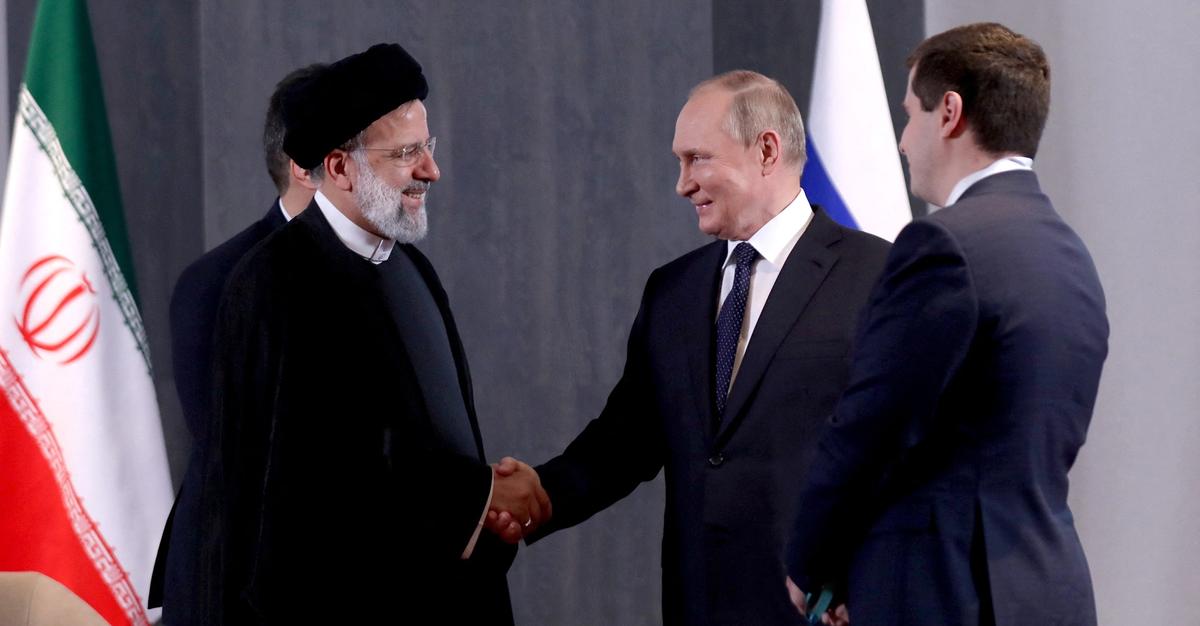According to several Russian media agencies, Russian President Vladimir Putin and Iranian President Ebrahim Raisi spoke on the phone on Monday, June 27. In light of the recent failed mutiny carried out by the Wagner Group, an infamous private military contractor, President Raisi declared his unflinching support for Russian leadership.
Iranian President Expressed Support for Russian Leadership
During their phone call, President Raisi expressed his unwavering support for President Putin’s administration, emphasizing his appreciation and support for their firm response to the recent mutiny. The Wagner Group’s failed attempt to instigate unrest within Russia constituted a serious threat to the country’s stability. President Raisi’s support can be interpreted as a show of unity, recognizing the Russian leadership’s ability to properly manage such obstacles and keep control of the situation.
The Wagner Group Mutiny and its Implications
The Wagner Group mutiny, which occurred on Saturday, sent shockwaves throughout the country and aroused fears about the potential implications for Russia’s internal affairs. The Russian government needed to respond quickly and decisively to the disastrous venture orchestrated by this notorious private military contractor. President Raisi’s outspoken backing is not just a gesture of unity, but also an acknowledgement of the Russian leadership’s ability to navigate such difficult situations.
Strengthening Ties between Russia and Iran
Furthermore, Iran’s growing importance as a Russian partner comes at a vital time, following President Putin’s February invasion of Ukraine, which provoked a wave of Western sanctions on Moscow. Iran has emerged as a critical ally for Russia in the face of international isolation. Notably, Tehran has openly admitted to sending combat drones to Russia, but it maintains that these transfers occurred before to the commencement of the Ukrainian conflict.
The US, on the other hand, has recently expressed worry that Iran’s supply of drones to Russia may contribute to war crimes in Ukraine. The claims made by the US shed light on the complexities of the Ukrainian conflict and the involvement of outsider entities. The supply of military drones from Iran complicates matters further, raising concerns about potential violations of international humanitarian law and the humanitarian ramifications of such activities.
As Russia and Iran’s collaboration develops, the international community remains concerned about the ramifications of this alliance. The two countries’ growing cooperation, particularly in military support, emphasizes the importance of their partnership in the face of Western sanctions and a changed geopolitical landscape. The suspicions of Iran’s involvement in probable war crimes in Ukraine complicate the conflict dynamics and the actions of external actors.
In conclusion, the phone conversation between Russian President Putin and Iranian President Raisi serves as a testament to the strengthening partnership between Russia and Iran. The unwavering support expressed by President Raisi reaffirms the trust and confidence in the Russian leadership, further cementing their alliance in tackling various challenges on the horizon.















